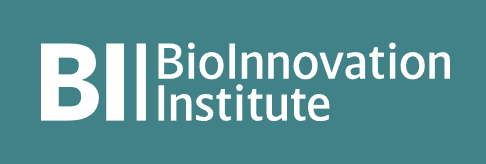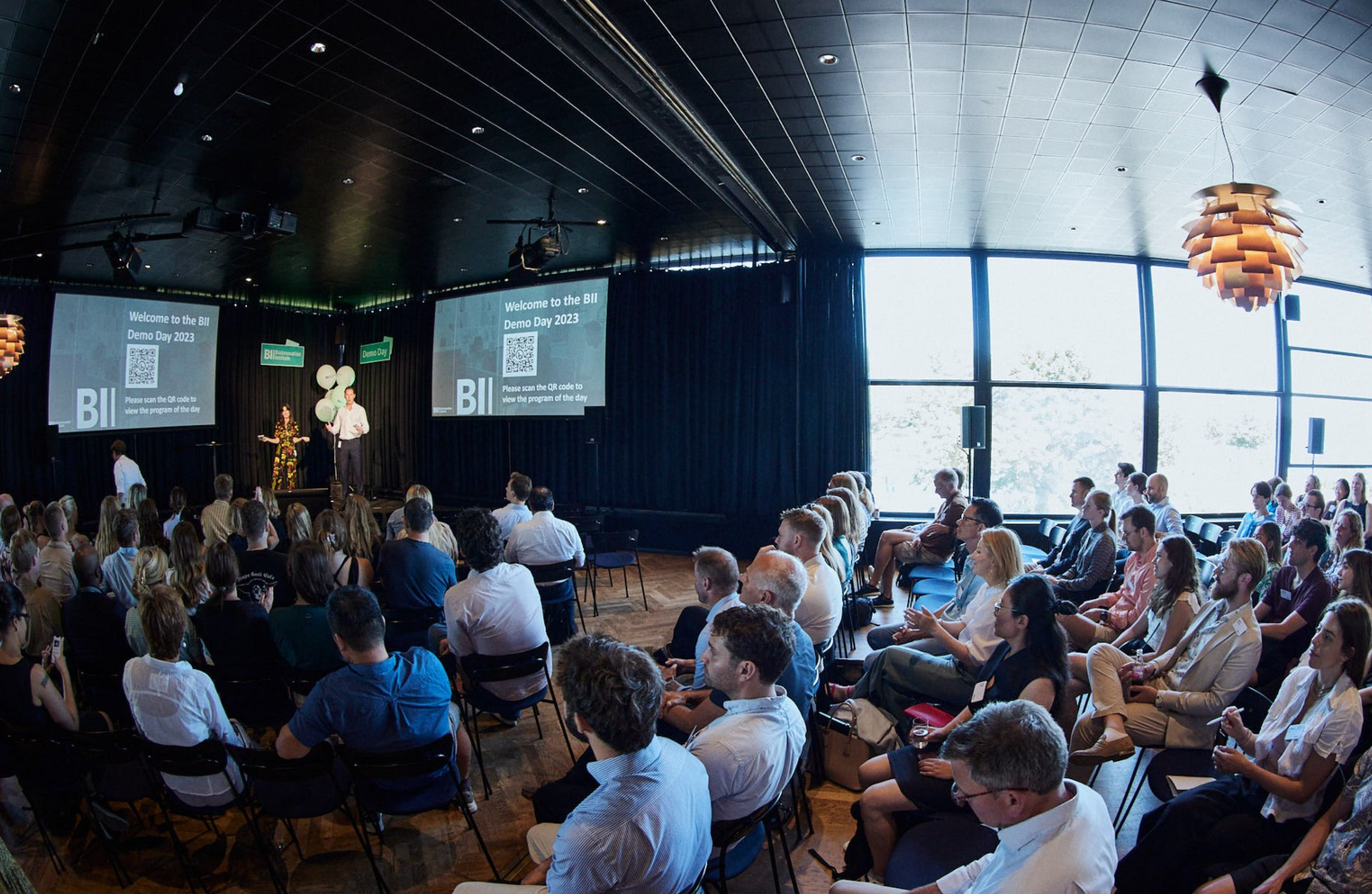
The member of Access2innovation, The BioInnovation Institute (BII), is an international commercial foundation with a non-profit objective that accelerates world-class life science start-up innovation to benefit people and society. Through its three venture building and acceleration programs, called Bio Studio, Venture Lab, and Venture House, BII supports life science start-ups with knowledge, network, infrastructure (state-of-the-art labs and office space), business development, mentoring, and funding of up to three million euros per project and 1,8 million euros per start-up.
“Participation in the Access2innovation-network will improve our exchange of knowledge, so we can offer our companies an ecosystem of people who know how these markets work.”
Since its inauguration in November 2018, BII has awarded 83 million euros to 88 high-growth start-ups. The companies have raised more than 428 million euros in capital from other sources.
Global Markets project: For the last-mile delivery, you need local advice
The Global Markets Program bridges BII’s startups and Danish life sciences ecosystem companies and their technological breakthroughs to emerging markets.
“We focus on low- and middle-income countries (LMICs), which normally receive scant attention and interest from mainstream markets. Yet they have the potential to positively impact millions of people across the value chain. We are looking to catalyze and accelerate the entry of impact-driven life science startups into LMICs through a sustainable, localized business model, which in turn, offers a stable foundation for contributing to and delivering lasting impact in the host countries and communities,” tells Andrew Julius Bende, Senior Associate – BII Global Markets team. He continues:
“Commonly, our startups look to Europe, the US, and bigger markets in Asia as their primary destination, and not necessarily LMICs. This is due to a blend of many things. It could be a lack of information, lack of critical supportive infrastructure, absence of a critical mass of role models that have taken this path, the historical baggage of many LMICs with corruption, large informal sectors, low ratings, and sometimes just misunderstandings – that hold them back from considering Sub Saharan Africa or other LMICs regions as interesting destinations. That is a pity because they might have a product that could be a game-changer in for example the emerging African market, which is predicted to host one in four people on the planet, and about 35% of the world’s young people by 2050[1]. These populations will certainly come with the needed manpower, skills development, and with new investments and jobs creation, a market size no one wants to miss out on”.
“I remember when graduated from university in Uganda, I would have loved to find it easy to immediately start in a job with a decent pay and a possibility of using my knowledge and skills. And yes, such jobs exist but because they are so few compared to the growing population of skilled young people, the competition is just too high. This forces LMICs to have some of the highest under-employment rates globally[2]. So, we, as European companies, with the right mix of ways of engaging in these markets, can help create wealth and value in many aspects” explains Bende.
The potential in Sub- Saharan Africa
In joining the network and collaborating with the experts from Access2innovation, BII hopes to facilitate their startups to look in the emerging markets in LMICs direction and hopefully see the potential in Sub-Saharan Africa e.g., Lagos, Nairobi, Abuja, Accra, Johannesburg, Cape Town, Kampala, Dar es Salaam, or Kigali to mention a few. Or in Asia e.g., India, and the country’s vast potential for both market and societal impact.
Crucial support to navigate and make a difference
Successfully entering a new market requires a deep understanding of local cultures and nuances.
“Participation in the Access2innovation-network will improve our exchange of knowledge, so we can offer our companies an ecosystem of people who know how these markets work. A2i could be one of our safe ‘landing pads’ for some of our people who have never been to Africa – with a presence in, for example, East Africa and a knowledge of the Nordic way of doing business. And we commonly say you can never have enough collaborations in business. Even when you think you have settled everything and have a plan, when you get down to the last-mile delivery, you definitely need as much local networks and advice as you could get,” Bende says. He adds:
“With our membership of Access2innovation, we will tailor collaborations to as much as possible provide our startups with cross-cultural expertise, facilitating smoother transitions and fostering relationships with local partners. This along with crucial support to navigate and penetrate the emerging East African markets, such as market research, regulatory guidance, and tailored strategies to increase a successful entry, as we believe startups from BII can make a big difference locally. We are hopeful that the strategic membership and collaboration between BII and Access2innovation will bring not only innovative biotech products and services, but also address local challenges towards advancements in healthcare, agriculture, and other vital sectors. And at the same time, we hope to create jobs and local companies through for example subsidiaries and distribution chains, as well knowledge and technological transfer on both sides.”
[1] Old World – Youth Africa, article in New York Times, Oct 2023
[2] OECD, 2023

